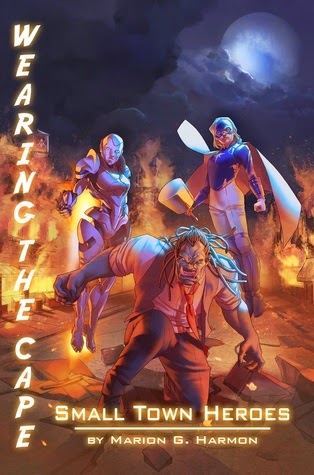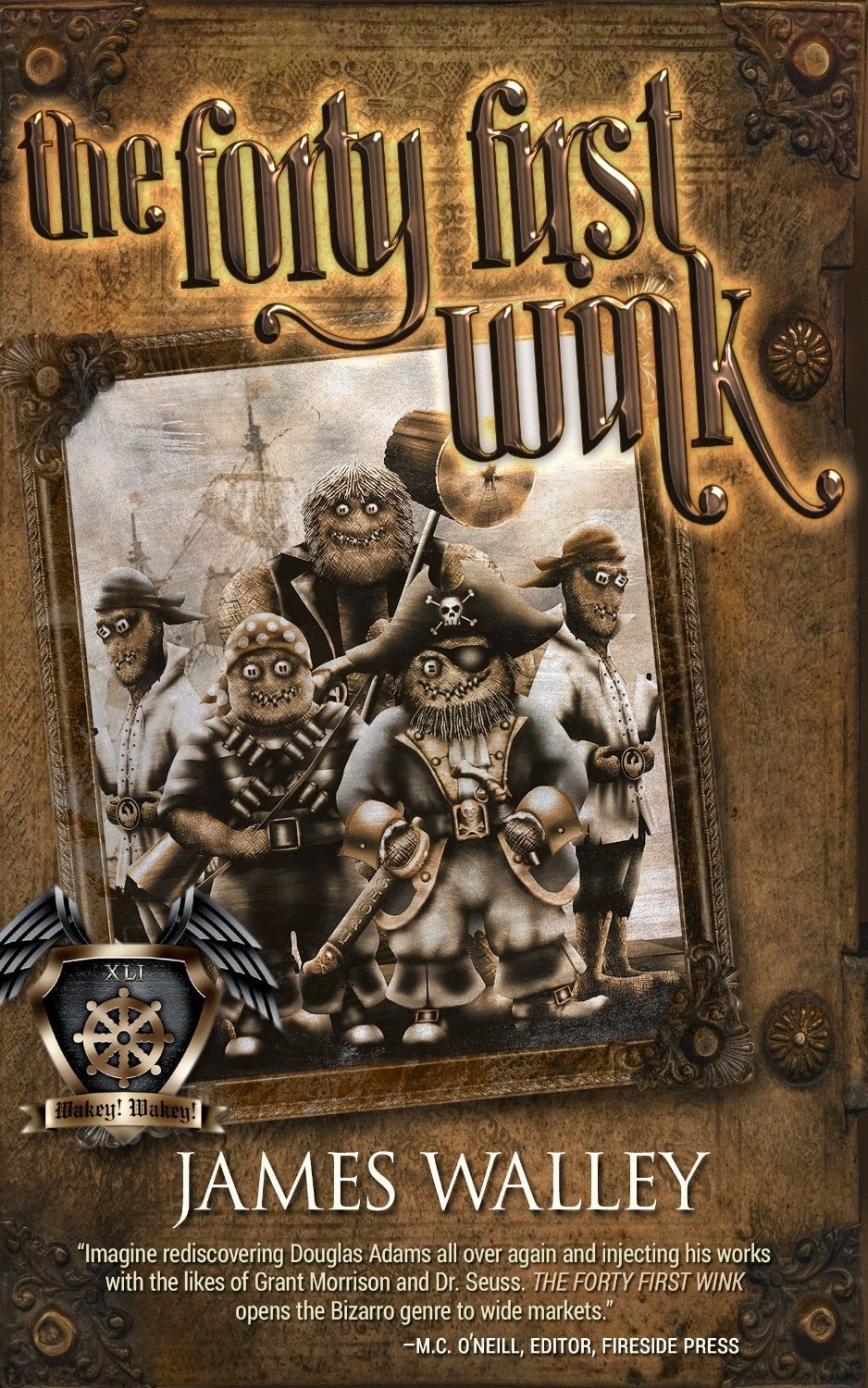*Warning - this review contains mild spoilers for the prologue of the game*
I picked this one up for my birthday and have been more or less playing it non-stop for a week. I'm still not done with it but the game has provided countless hours of continuous amusement.
Dragon Age: Inquisition combines the deep characters of
Dragon Age with the sheer open-world hugeness of
Skyrim.
It is an impressive accomplishment for Bioware, its writers, and its programmers. If nothing else, anyone who says the game is underdone is lying through their teeth. This is a product of hard work with every one of its thousands of man hours visible. About the only thing I can compare it to in size is an MMORPG and it has all the benefit of such without the actual MMO-isms.
This is one big-ass game.
Ahem.
![]() |
| The War Table operations aren't a great deal of fun but help with the feeling you're in charge of an army. |
Have I mentioned its
big?
Yeah, okay, now we can move on.
The premise is the mages and Templars have been at war since the events of
Dragon Age 2 (the actual declaration taking place in novel
Dragon Age: Asunder). The war has been devastating for both sides so the Chantry, equivalent to the Catholic Church, hosts a peace summit at the holiest spot in Thedas: The Tomb of Sacred Ashes (found by the Warden in
Dragon Age: Origins). This is already full of fanservice for devoted followers of the series. The peace-summit goes disastrously wrong, however, when someone sets off the equivalent of a magical nuke. A literal hole in dimensions is torn and demons begin pouring out by the hundreds.
All of the participants at the conclave but a scattered handful are killed, including the Chantry's equivalent to the Pope. One survivor, however, emerges from the Fade with a supernatural mark on his (or her) left hand. This is the Herald of Andraste and future Inquisitor.
Your character.
![]() |
| A duel of words is as deadly as one of swords in Orlais. |
The Breach, as it comes to be known, has had even greater effects than this initial explosion. Smaller rifts have been created across the continent, flooding Thedas with demons. The Templars and Mages blame each other, resuming their fighting, but it's fairly obvious neither is at fault.
The character, who people believe was rescued by Andraste herself due to some oddball events in the Fade, is thus dragooned into joining a force to put the world back to rights. It's a strong, if somewhat generic, plot. The "save the world" thing has been done many times in the past and I should probably be grateful this isn't just another Blight.
My biggest criticism of the game is its greatest blessing.
Inquisition isn't just meaty, it's outright obese. They could cut half of the side-quests away from the game and it wouldn't lose a thing except running around time. It's possibly to spend forty or so hours in the Hinterlands doing random side-quests so when the time comes for the "Seal the Breach" mission, you assume it's the ending.
In fact, this is just the ending of the prologue.
![]() |
| The High Dragon fights are suitably epic. |
I feel a bit daft complaining about this sort of epic scope and it's not a large complaint. In truth, this is a great game to spend a long time with. The game doesn't blow everything at the beginning, either, as there's some truly magnificent levels spread throughout. My favorite was attending an Orlesian masquerade ball where you can assemble blackmail material to, potentially, control the future of the Empire.
The characters are an eclectic mix of heroes, villains, and anti-heroes with old favorites Varric, Morrigan, Leliana, Hawke, Cole, and Cassandra returning. Sadly, Alistair doesn't make as much of an appearance as I'd hoped but you can't have everything. New characters of Solas, Sera, Vivienne, Dorian, and Iron Bull are all fascinating even if I can't say I fell in love with some of them the way I did
Origins. Writing is where Bioware is at its best and you really come to view all of these individuals as friends by the end of it.
The Elder One, mastermind behind all of this madness, is a poor villain. While I'll keep his identity secret, he amounts to being little more than a generic doomsday cultist. There's none of the menace and personal anger at Loghain or Malak from previous Bioware games. The Elder One manages to be a better villain the Knight Commander Meredith or the Arishok but even they had moments of pathos. The Elder One, at the end of the day, is a poor man's Skeletor and I think they could have done better with him.
![]() |
| The Inquisitor has a selection of four voices and multiple races, which gives quite a bit of range to characterization. |
I can't say I'm not disappointed with the resolution of the Mage-Templar War too. Given I took the time to write a huge essay on freedom versus security on this website, it turns out none of those issues were addressed. The majority of both factions die in the conclave explosion and the survivors are those who the Inquisitor chooses to ally with. There's no final showdown between the two factions with one faction winning by default.
I felt kind of cheated.
The gameplay is similar to
Origins with many tweaks. It's real-time turn based with an option to pause the game for tactical commands (which you will never do because there's no real point). You can armor and gear your followers however you want, but their clothing will adjust to their personal styles. High Dragons make a return with a unique set of them spread throughout the game for high-level monster-slaying.
![]() |
| I romanced Cassandra, one of the few openly lawful AND good people in Thedas. |
Another huge draw of the game is the settings are absolutely beautiful. While the Hinterlands are something of a generic fantasy land, there's a fabulous mixture of environments throughout. There's deserts, stormy coasts, gloomy haunted marshes, and a battlefield which has been torn-up to look like World War 1 trenches. All of this is gorgeous and you're really doing yourself a disservice getting this on a last generation console.
One feature I liked about the game was the addition of the War Table operations. While they could be no different than the Assassins missions from Ubisoft, I think they did a good job making them tools for world-building. Lots of connections from previous games show up and the use of the Dragon Age Keep means I can change my game however I want to. One final thing, for those who care, the romances are considerably more risque with a
Witcher 2 level of nudity.
In conclusion, this is a must-buy for anyone who wants to spend possibly a hundred or so hours in Thedas. If not, you can race through the game, but don't be surprised if the Elder One destroys the world.
10/10









































